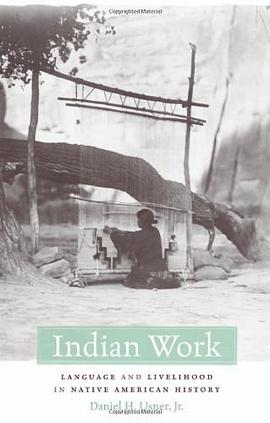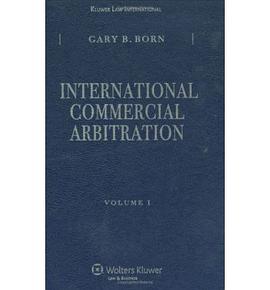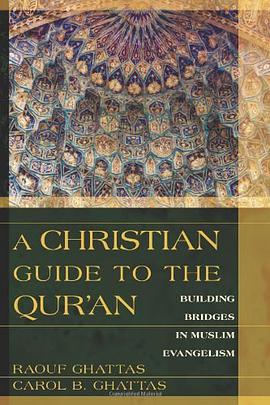

具體描述
The vast majority of the global population acquires citizenship purely by accidental circumstances of birth. There is little doubt that securing membership status in a given state bequeaths to some a world filled with opportunity and condemns others to a life with little hope. Gaining privileges by such arbitrary criteria as one's birthplace is discredited in virtually all fields of public life, yet birthright entitlements still dominate our laws when it comes to allotting membership in a state. In "The Birthright Lottery", Ayelet Shachar argues that birthright citizenship in an affluent society can be thought of as a form of property inheritance: that is, a valuable entitlement transmitted by law to a restricted group of recipients under conditions that perpetuate the transfer of this prerogative to their heirs. She deploys this fresh perspective to establish that nations need to expand their membership boundaries beyond outdated notions of blood-and-soil in sculpting the body politic. Located at the intersection of law, economics, and political philosophy, "The Birthright Lottery" further advocates redistributional obligations on those benefiting from the inheritance of membership, with the aim of ameliorating its most glaring opportunity inequalities.
著者簡介
圖書目錄
讀後感
評分
評分
評分
評分
用戶評價
相關圖書
本站所有內容均為互聯網搜索引擎提供的公開搜索信息,本站不存儲任何數據與內容,任何內容與數據均與本站無關,如有需要請聯繫相關搜索引擎包括但不限於百度,google,bing,sogou 等
© 2025 book.quotespace.org All Rights Reserved. 小美書屋 版权所有




















